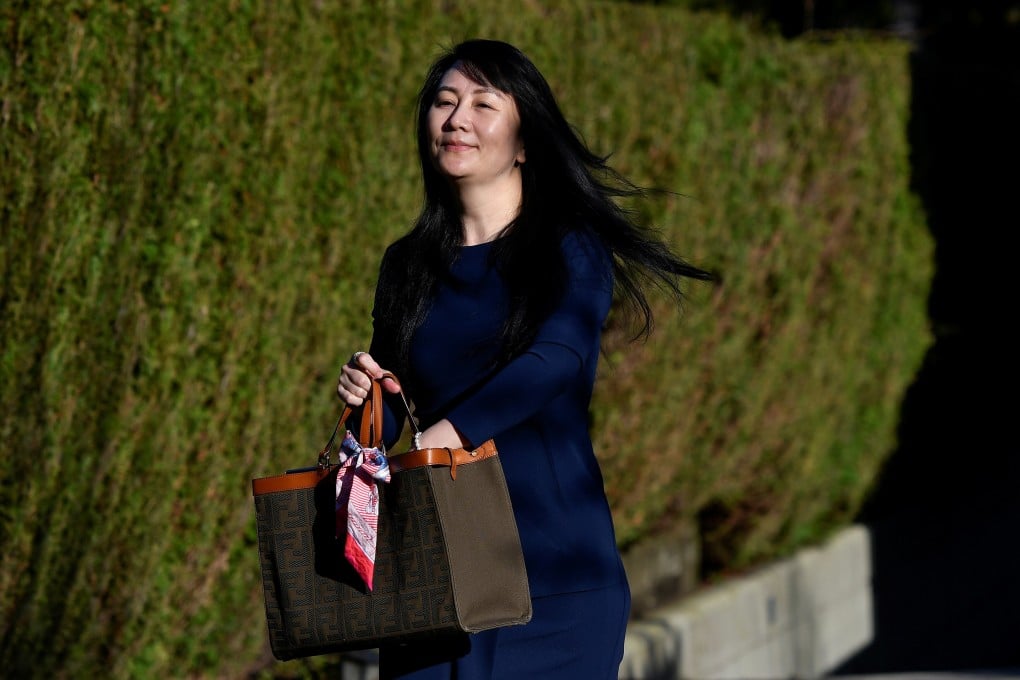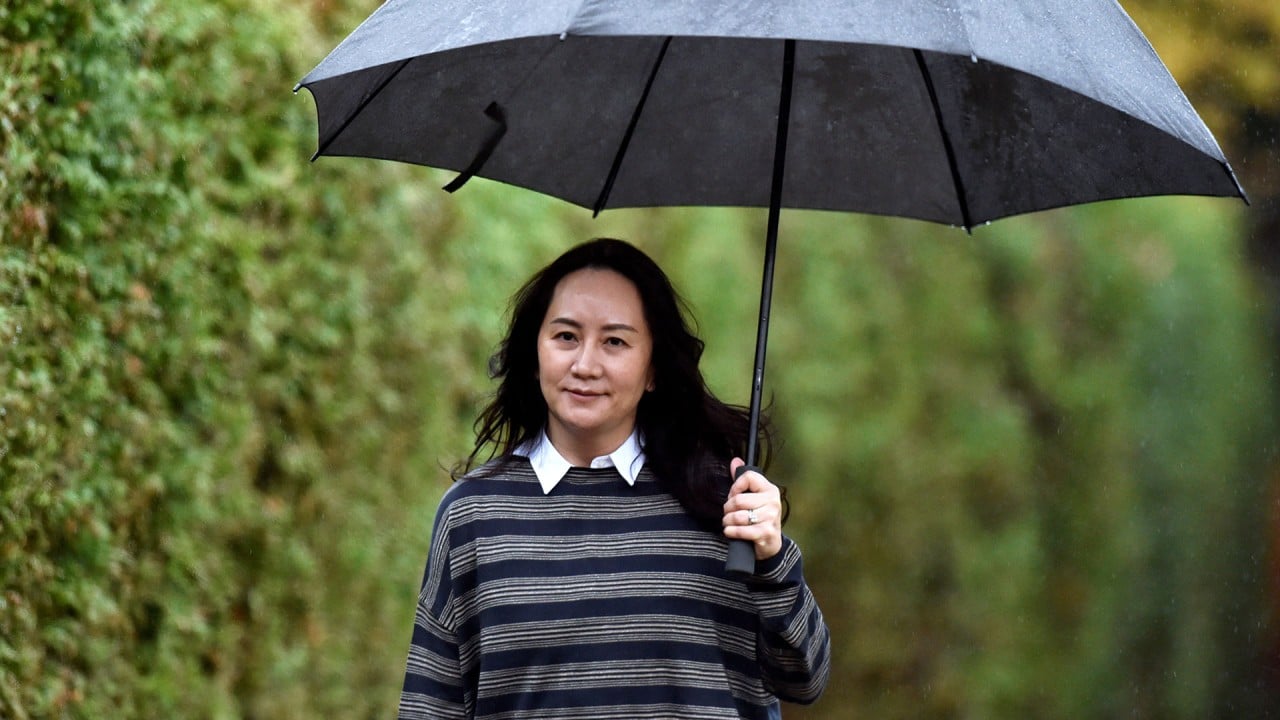HSBC suffered no risk from Meng Wanzhou’s alleged deceptions, court hears, as extradition fight enters crucial stage
- Meng’s lawyer says no loan fraud could have occurred, but the judge responds that risk is inherent to every loan transaction
- The Huawei executive’s two-year battle against extradition to the US is entering a critical stage of arguments whether she has suffered an abuse of process

HSBC suffered no risk of loss as a result of alleged deceptions by Meng Wanzhou, her lawyer told a Canadian court on Monday, as the Huawei Technologies chief financial officer’s two-year battle against extradition to the United States entered a critical stage.
But a Canadian government lawyer representing US interests said the fact that Huawei was not a “deadbeat” borrower from the bank was irrelevant to Meng’s alleged fraud.
This phase of hearings in the Supreme Court of British Columbia in Vancouver, lasting until April 1, is scheduled to include extensive arguments about whether Meng suffered an abuse of process when border agents questioned her and seized her electronic devices and passwords at the city’s international airport on December 1, 2018, before police arrested her. The border agents then turned over the devices and their passwords to police.
Her lawyers contend that this was conducted at the orchestration of the US Federal Bureau of Investigation, that Meng’s Canadian charter rights were breached, and that the American bid to have her extradited to face trial on fraud charges in New York should thus be thrown out.
In another branch of Meng’s argument, her lawyers said they will also press a claim that the US has no jurisdiction over her alleged actions that are at the heart of the case: she is accused of defrauding HSBC by lying in a PowerPoint presentation to a banker about Huawei’s business dealings in Iran, thus putting the bank at risk of breaching US sanctions on Tehran.

04:43
How the arrest of Huawei CFO Meng Wanzhou soured China's relations with the US and Canada
Meng’s meeting with the HSBC banker took place in a Hong Kong teahouse in 2013; HSBC is not a US bank; and Meng is not a US citizen. Her lawyers thus contend that the US is trying to assert extraterritorial jurisdiction, in breach of customary international law.
